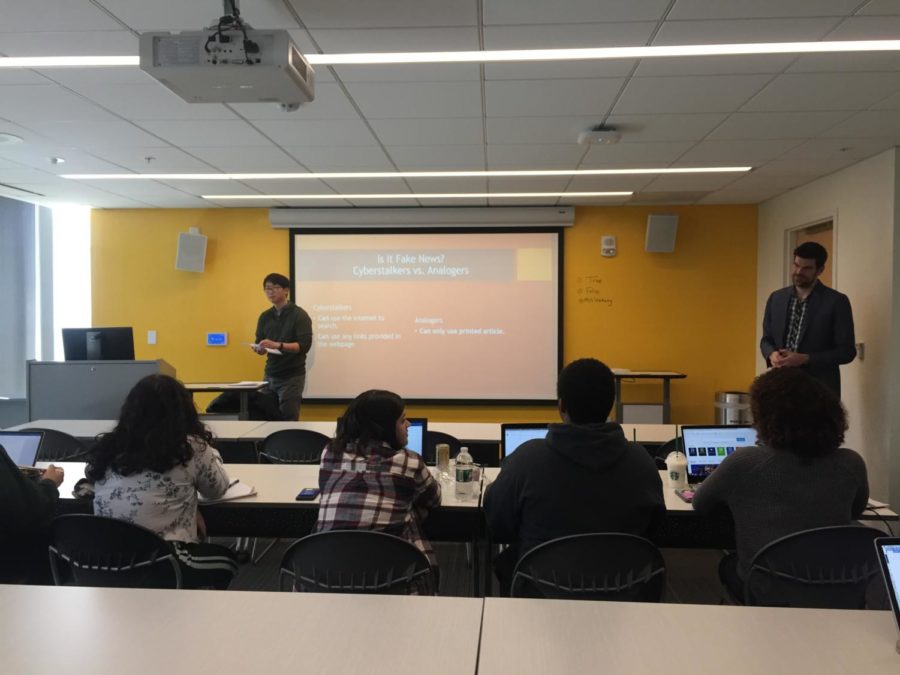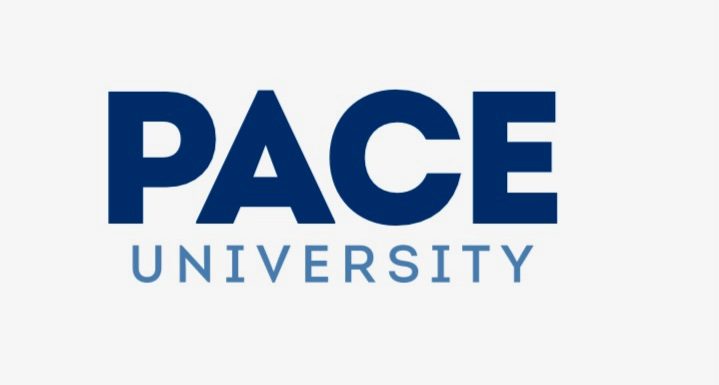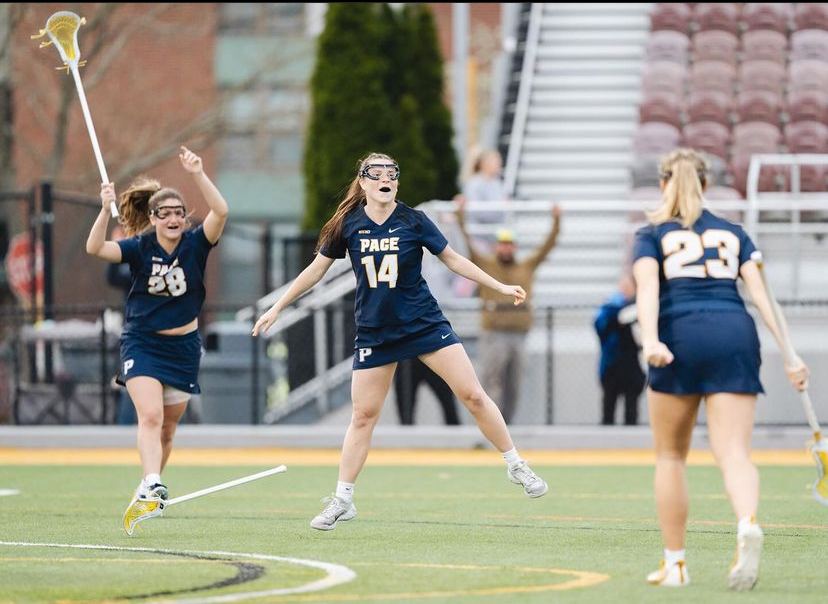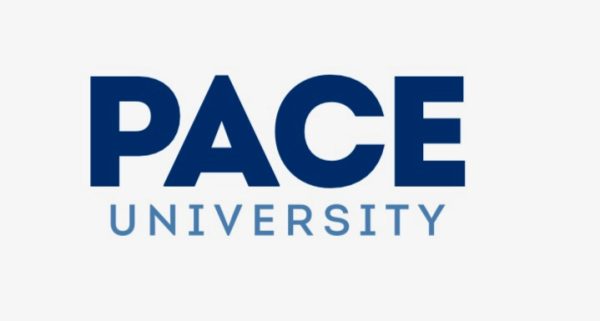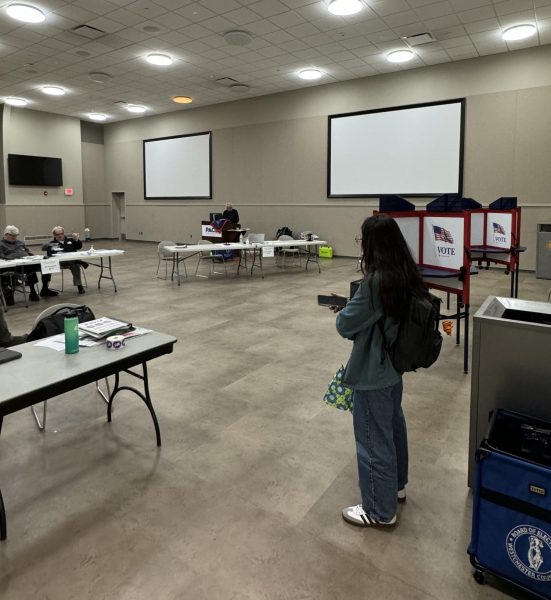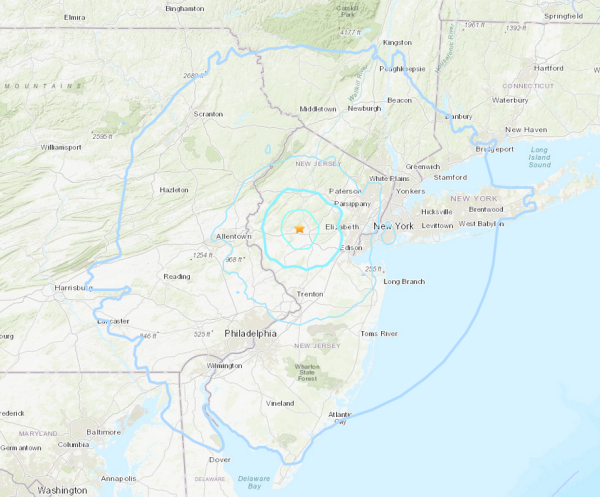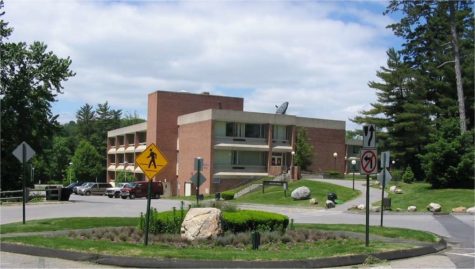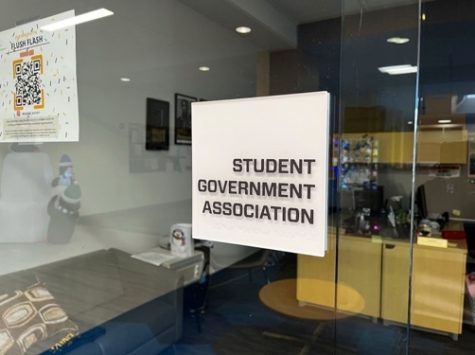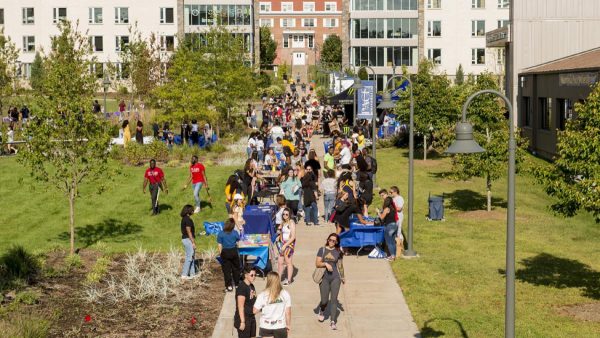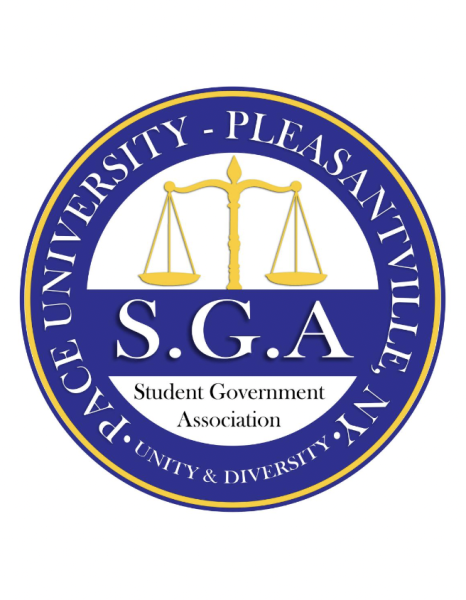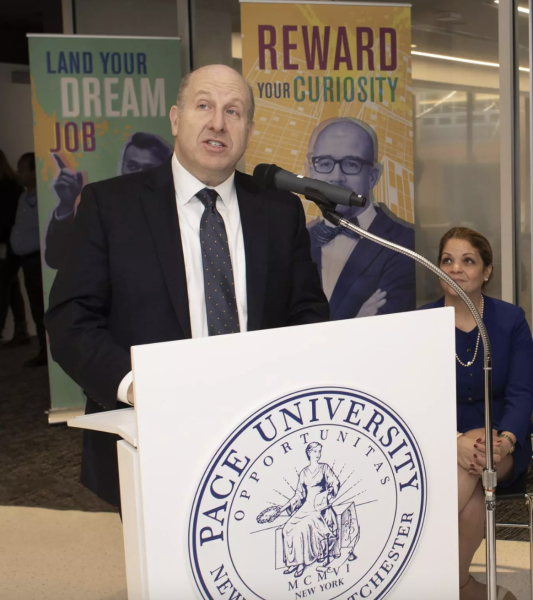Fake News Workshop Held on International Fact Checking Day
April 4, 2019
Fake news has become a prevalent term with the rise of social media platforms and citizen journalists. It is simple enough for anyone to write and publish something online, which can make it difficult for consumers to distinguish between facts and falsified information. This juxtaposition has led to the term “fake news.”
A workshop centered around fake news was ironically held on International Fact Checking day: Fake News: How to find and avoid it! Run by Writing Center Coordinator Michael Turner and Instructional Services Librarian Sam Kim, the workshop took place in Alumni Hall.
“I think of gossip magazines when I think of fake news, but it is definitely a problem in hard news, too,” freshman attendee Thayna Alecea said. “I don’t think there’s enough people looking into fact-checking.”
The workshop engaged students in fake news fact-checking exercises and was guided by a lecture-style presentation. The six students present at the event split into two groups where they were told to decipher the legitimacy of certain articles. Group one, called “Cyberstalkers,” were able to use the internet to make their final decision of whether the articles were true, false, or misleading. Group two, the ”Analogers,” were only given a printed copy of the article with the mission of determining the accuracy of the articles.
The articles discussed were titled “Lottery Winner Arrested for Dumping $200,000 of Manure on Ex-Boss’ Lawn” and “NASA asteroid WARNING: Radars track 1.2 KM asteroid for possible COLLISION in December 2019.”
After the students made their determinations on whether the articles were true, false, or misleading, there was a discussion on what brought them to their decisions. Both groups were correct in their findings of the lottery article being completely false. However, there was slight controversy over the NASA article, which was proven misleading.
“There’s a moral responsibility to have good information,” Michael Turner said. “No one else is going to do it, it’s on you to sort through and figure out whether what you are looking at is valid or true.”
The seminar was able to show students how much research should go into checking their news consumption. The workshop was not criticizing the media, but rather teaching students to think critically about what they are reading. Kim spoke about four kinds of fake news to provide context for the attendees. He categorized fake news into false or misleading news, moderately misleading news or news that uses skewed facts, news that is barely misleading—such as click bait, and satire news.
“There’s so much information out there nowadays online,” Kim said. “Fake news on social media has been a big thing and we wanted to do a stand-alone workshop on it.”

